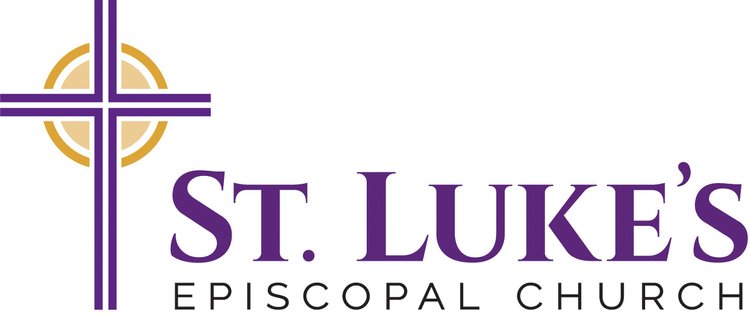Discretely Funding the Discretionary Fund
Friends,
We are getting in full swing here at St. Luke’s! This Sunday we will offer the blessing of the animals at both services and after the 10:00 am in the grove for whomever wants to swing by. We also have the children’s choir singing for the first time this ministry year, which is always a great sign of things to come. This is also the last weekend before the pumpkins arrive and we get our pumpkin patch going! With the arrival of decorative gourd season and cooler weather, we embrace the annual ritual of doing things a bit differently.
This Sunday we will also be doing something very routine, and maybe it is something I normally don’t talk about enough. The plate collection on the first Sunday of the month goes into my Discretionary Fund, and the fund is….discrete, which is why I don’t talk about it very much. Contrary to common belief, clergy cannot spend money out of the discretionary funds on whatever they want. Per the rules of the Church the funds need to go specifically to help people in need, and the fund is audited along with the rest of the funds. The “discretionary” part of the fund means that I can distribute those funds at my discretion as long as it is within the context of helping. Considering I do not talk about this part of my ministry often, I want you to know some basics on how I use this discrete fund.
In addition to the plate offering on the first Sunday of every month, I put all honorariums I receive from weddings and funerals into this fund. I don’t have to, but if I kept the money, I would have to report it as income in my taxes, which is doable, but a pain, so I just put it directly into the fund to stay right by God and the IRS. This is the only account that I am a “signer” on. If the church needs a check signed to keep the lights on, pay people or whatever, I am useless. This is the only money thing where I get actively involved. For everything else, our treasurers, admin, finance committee and vestry take the lead.
Scripture commends us to help everyone who asks of it, and I believe this is a good thing, but it is a fraught exercise. It is impossible to walk the line of not turning anyone away, while managing the funds enough to give enough to be helpful. The philosophy I see many of my fellow pastors champion is cultivating a policy run machine that dictates who, how often, how much, and under which conditions people receive help. For example, a Church may say that an individual can receive help once every six months for up to one hundred dollars if they can prove the remainder of the bill is accounted for. This would look like a person coming in to officially ask for funds, once they were checked in and it was time for them to received assistance again, then a “promise note” would be produced that the individual would take with them to keep track of the funds they’ve raised. Once they have enough to pay for the bill, they return to the Church to get the actual checks made out.
This system is fair, sustainable, and it accounts for the reality people often need help for extended periods of time. After working in a system like this for years, I decided to try a different approach that respects the time of the person a bit more, but is also a bit less fair. My policy is that I will help anyone and in a big way, but I only help once. My target demographic are people who just got a little behind in their payments, and just need some grace to get back on their feet. If they have to go around to ten churches to get their rent paid for then they won’t have the time to actually work and make the money to get back on their feet. This way they get the help they need quickly and with dignity, and they can get back to their lives. If someone does not fit this demographic, I make our policies very clear, and I give them the benefit of the doubt and help anyways. There is room for exceptions to this rule, but they are few and far between, which has occasionally led to frustration.
I doubt this is the right way to approach this ministry, but I am fairly certain there is not a right way, just ways that are uniquely broken. I do think that this approach is different and occasionally we fill a niche that was needed. Other times, we simply were not providing the support people wanted or needed in the long run.
When people receive help it is as confidential as possible, and I try my best to treat people with dignity and compassion. If you want to help me with the messy business of helping others, this is your chance. Any cash that goes in today’s offertory plate, any checks with “Rector’s Discretionary Fund” in the memo, and any online gifts to the “Discret Fund-Rector” fund will go to help with this ministry
Blessings, Nick
